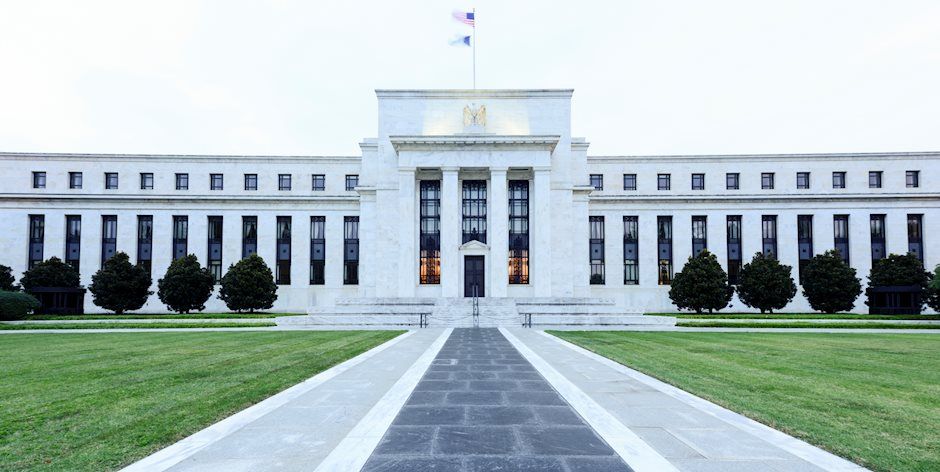An emboldened, super-funded irs to target bank depositors

Insidious plans are afoot in Washington to give IRS officials another $80 billion for auditors and then unleash them on bank account holders.
New, heavy-handed IRS and Federal Reserve controls along with other threats to financial privacy highlight the importance of holding wealth outside the banking system.
This week, Treasury Secretary Janet Yellen appeared on CBS Evening News to defend the IRS’s sweeping plan to track all funds flowing into and out of bank accounts, except for those holding less than $600. Yellen claimed the aim is to combat “tax fraud and cheating” by “high-income individuals.”
As to how a $600 threshold will target the super-wealthy more so than the middle class, Yellen failed to articulate. But IRS snooping at this level could lead to harassment of millions of Americans while ensnaring people who are doing hourly side gigs to feed their families rather than people who are hiding millions of taxable dollars from the government.
Banks are opposing the proposed bank account reporting requirement.
Perhaps the focus will be narrowed somewhat before IRS account monitoring is fully implemented.
But it won’t be the end of the Biden administration’s plans for a “Great Reset” of the banking system. It will be just the beginning.
President Joe Biden’s nomination to the head the Office of the Comptroller of the Currency, Saule Omarova, wants to “end banking as we know it.”
In her academic work, Omarova has expressed admiration for Karl Marx and sympathy for the Soviet Union. She has also advocated a form of socialized banking in which private bank deposits would be brought under the direct control of the central bank.
She calls her radical new banking regime “the People’s Ledger.”
Also dubbed “FedAccounts,” they would presumably be denominated in " FedCoin " – the central bank digital currency being developed behind the scenes at the Federal Reserve to enable greater tracking of and control over citizens’ financial transactions.
The Fed has already strayed far afield from its dual mandate of price stability and full employment. It now sees fit to bail out politically connected companies, monetize government debt, promote critical race theory, and reverse "global warming."
As for price stability, Fed Chairman Jerome Powell has made a mockery out of that part of the dual mandate by deliberately engineering a surge in inflation which he calls (without evidence) “transitory.”
Powell insists the Fed “has the tools” to fight inflation. But it apparently doesn’t have the will to pull them out right now.
Instead, Fed bureaucrats are fighting culture wars against their critics in what Senator Pat Toomey (R-PA) calls "woke mission creep."
According to FoxBusiness , the Philadelphia Federal Reserve is promoting critical race theory through its “Reinventing Our Communities” program and disparaging people who argue for race-neutral policies. The Philly Fed specifically links to materials that attack Manhattan Institute Senior Fellow Christopher Rufo, a leading opponent of Marxist- inspired critical race theory.
Rufo responded wryly via Tweet: “Still laughing that the Federal Reserve is promoting ‘decolonizing the atmosphere’ and targeting me for ‘shutting down critical racial equity work.’ Focus on inflation, you idiots.”
Unfortunately, there is no political mechanism for the public to hold the Fed accountable when fails to adhere to its statutory mandate.
Fed officials claim they must maintain their “independence.” Toward that end, they employ professional lobbyists to ensure that any legislative efforts to audit or bring greater transparency to the central bank’s activities fail.
The most powerful mechanism available to citizens who are “Fed up” with inflation and the ever-expanding functions of the central bank is to de-dollarize their personal finances.
Holding large amounts of cash in bank deposits is becoming increasingly risky. Not only to customers risk significant erosions of their purchasing power due to inflation; they also risk being singled out by the IRS or becoming unwitting holders of a “FedAccount.”
Although socialized banking may seem like a remote possibility in the United States of America, a financial crisis could quickly turn a central planner’s pipe dream into reality.
For example, a cascading series of bank failures that threatens to bankrupt the FDIC and wipe out millions of depositors could give the Fed all the impetus it needs to take over the entire banking system.
Holding hard assets outside the banking system may be the best form of insurance against risks within the banking system. And precious metals, being tangible forms of money, are at the foundation of any strategy to protect against risks inherent in the fiat currency regime.
Long before the Federal Reserve System came into being in 1913, gold and silver backed the U.S. dollar. And if at some point the Fed and its unlimited supplies of unbacked dollars lose all credibility with the public, precious metals will again provide people with ledgers of real value.
To receive free commentary and analysis on the gold and silver markets, click here to be added to the Money Metals news service.
Author

Stefan Gleason
Money Metals Exchange
Stefan Gleason is President of Money Metals Exchange, the national precious metals company named 2015 “Dealer of the Year” in the United States by an independent global ratings group.

















